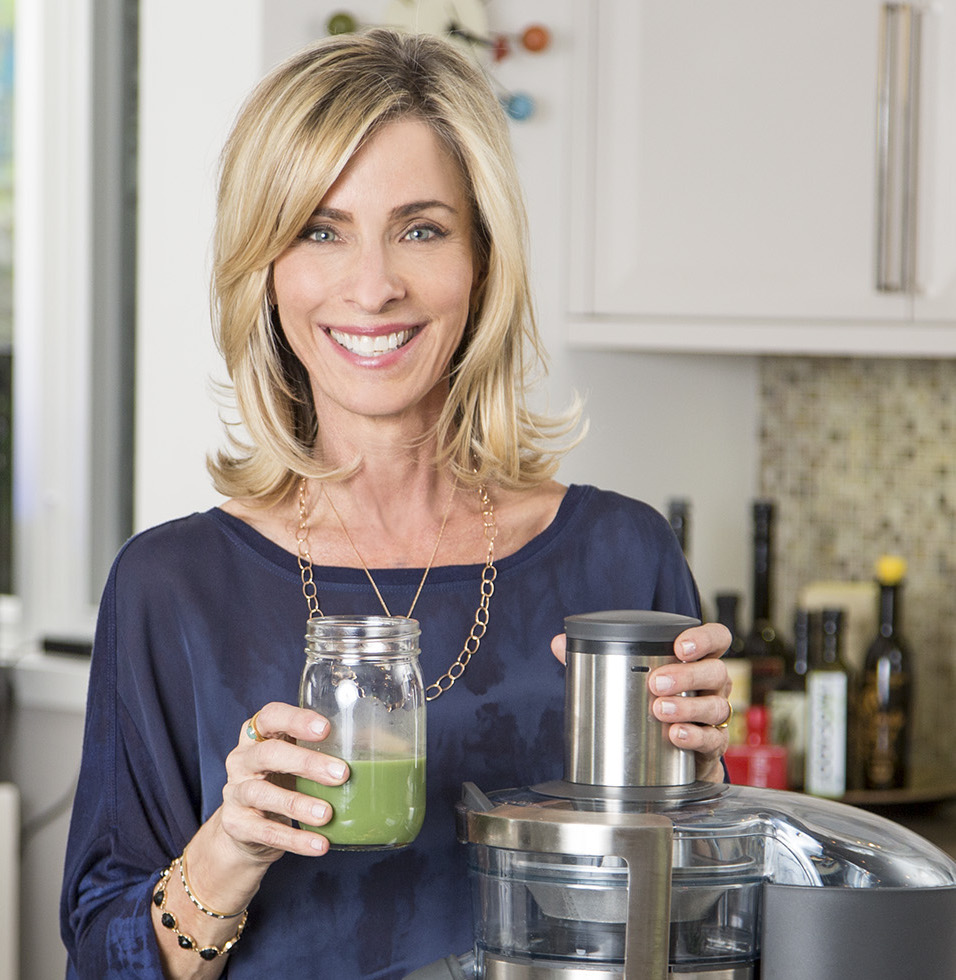By Elissa Goodman
 Did you know that there are currently trillions of microorganisms living in your body? That’s about ten times more microorganisms than cells! And while some of these “bad” microorganisms do hold the potential to make you sick, most are considered “good” and live in the body harmoniously to provide incredible benefits for a healthy human host.
Did you know that there are currently trillions of microorganisms living in your body? That’s about ten times more microorganisms than cells! And while some of these “bad” microorganisms do hold the potential to make you sick, most are considered “good” and live in the body harmoniously to provide incredible benefits for a healthy human host.
In recent years, research surrounding these fascinating microorganisms has flourished. Many studies focus primarily on the gut microbiota, which is a dynamic combination of vital microbes in the intestine. But why are researchers so concerned with the bacteria in your gut? Well, the diversity of your gut microbiota influences the development of certain health conditions, such as immune function, inflammation, metabolism, gastrointestinal diseases, and colorectal cancer.
Because of the various impacts that gut bacteria can have on your health, health experts are increasingly promoting the conscious consumption and supplementation of these bacteria, known as probiotics. But beyond the probiotics, they also recommend increasing the intake of nutrients that fuel probiotics, known as prebiotics, and nutrients that are produced from probiotics, known as postbiotics. I know this may be a lot to keep straight, but I’m here to walk you through it.
We first have to understand what pre-, pro-, and postbiotics are to decide if we actually need all three for our health.
Prebiotics
Simply put, prebiotics are ingredients that our gut microbiota feeds off of. Prebiotics can’t be digested and absorbed in the GI tract, so they continue to travel down the digestive tract until they reach the colon. The colonic microorganisms ferment the prebiotics into the valuable short-chain fatty acids (SCFA) butyrate, acetate, and propionate. These SCFAs aid in supporting heart and metabolic function (e.g., regulation of cholesterol and blood sugar), mental health (e.g., improved energy and cognition), and bone density (due to mineral bioavailability). Prebiotics also stimulate the colonic growth of Bifidobacterium and Lactobacillus, the main beneficial bacteria for the body.
Consuming more prebiotics is actually easier than you may think, as it’s easily achieved by eating plenty of whole, plant-based foods. In particular, foods rich in fiber are regarded as the best prebiotics. Fiber from fructans, galactooligosaccharides, beta-glucans, inulin, and psyllium allows bacteria to ferment sufficiently to produce health benefits. However, most people don’t meet the Dietary Reference Intake for fiber, which is about 25 grams per day for women and 38 grams per day for men. Knowing this, conscious consumption of fibrous, nutrient-dense foods is imperative.
Here are some examples of prebiotic foods you can incorporate into your diet:
• Garlic
• Onion
• Asparagus
• Sunchoke
• Oats
• Wheat bran
• Apple
• Banana
• Chicory root
• Dandelion greens
Probiotics
Probiotics are the bacteria that digest the probiotics. They are gut-friendly bacteria that provide health benefits when administered in adequate amounts. When you consume probiotics either as food or as supplements, several actions take place that strengthen your immunity, increase your energy, and keep you feeling your best:
1. You replenish any lost bacteria in the gut from illness or antibiotics.
2. You diversify your existing gut microbiota with other bacterial strains that increase the overall resilience of the “good” bacteria.
3. You improve hormone regulation since the gut microbiota has important functions in the endocrine system (e.g., it regulates estrogen, serotonin, and thyroid hormones).
Further, regular consumption of probiotics decreases the risk of dysbiosis. Dysbiosis describes an imbalance of beneficial bacteria in the gut. It has implications in the gut-brain axis, a two-way communication network between the GI tract and the central nervous system. GI disruptions influence mood disorders like anxiety and depression, and psychological comorbidities follow GI diseases like irritable bowel syndrome. In short, the gut and brain are linked, and the health of one impacts the health of the other. So, harnessing a proportionate balance of bacteria is essential for good health.
Eating more of these probiotic-rich foods is an amazing, natural way to introduce “good” bacteria into your body:
• Kombucha without sugar
• Sugar-free coconut probiotic yogurt
• Sauerkraut
• Kimchi
• Kefir
• Tempeh
• Unpasteurized Miso
Note that introducing too many probiotics at once can cause some initial bloating. While this should go away in a few weeks, try introducing probiotic foods slowly to reap all their benefits without the discomfort.
Postbiotics
Postbiotics are the lesser-known of the three “-biotics” but are arguably just as beneficial since they seem to mimic the effects of probiotics. Postbiotics refer to the metabolites, or byproducts, produced from the probiotics’ digestion and fermentation of prebiotics. These metabolites include SCFAs, amino acids, antimicrobial peptides, vitamin K, and B vitamins such as thiamin, riboflavin, folate, and biotin.
Research regarding postbiotics is relatively new, but the positive results lead health experts to conclude that much of the health benefits typically attributed to probiotics are actually due to postbiotics. Postbiotics are shown to have anti-inflammatory properties, kill pathogens, optimize intestinal pH levels, boost the immune system, act as antioxidants, and enhance metabolic function.
Consuming supplements or eating foods rich in vitamins B and K increases the health-boosting effects of postbiotics. Here are some foods to focus on:
Vitamin B
• Whole grains
• Legumes
• Citrus
• Avocado
Vitamin K
• Kale
• Spinach
• Natto
• Soybean oil
***
To sum everything up, prebiotics are the food for the probiotics that produce postbiotics. So, in reality, the three are connected and inseparable. We can’t have one without the other two! And if you’re looking for a simple, fool-proof way to ensure you’re consuming adequate amounts of pre-, pro-, and postbiotics, try my Gut Health S.O.U.P. Cleanse! You can have delicious and healthy meals delivered right to your door with essential nutrients that contribute to the healthiest version of yourself (and your gut bacteria).
Elissa Goodman is a nutirionist, cleanse expert and author.
